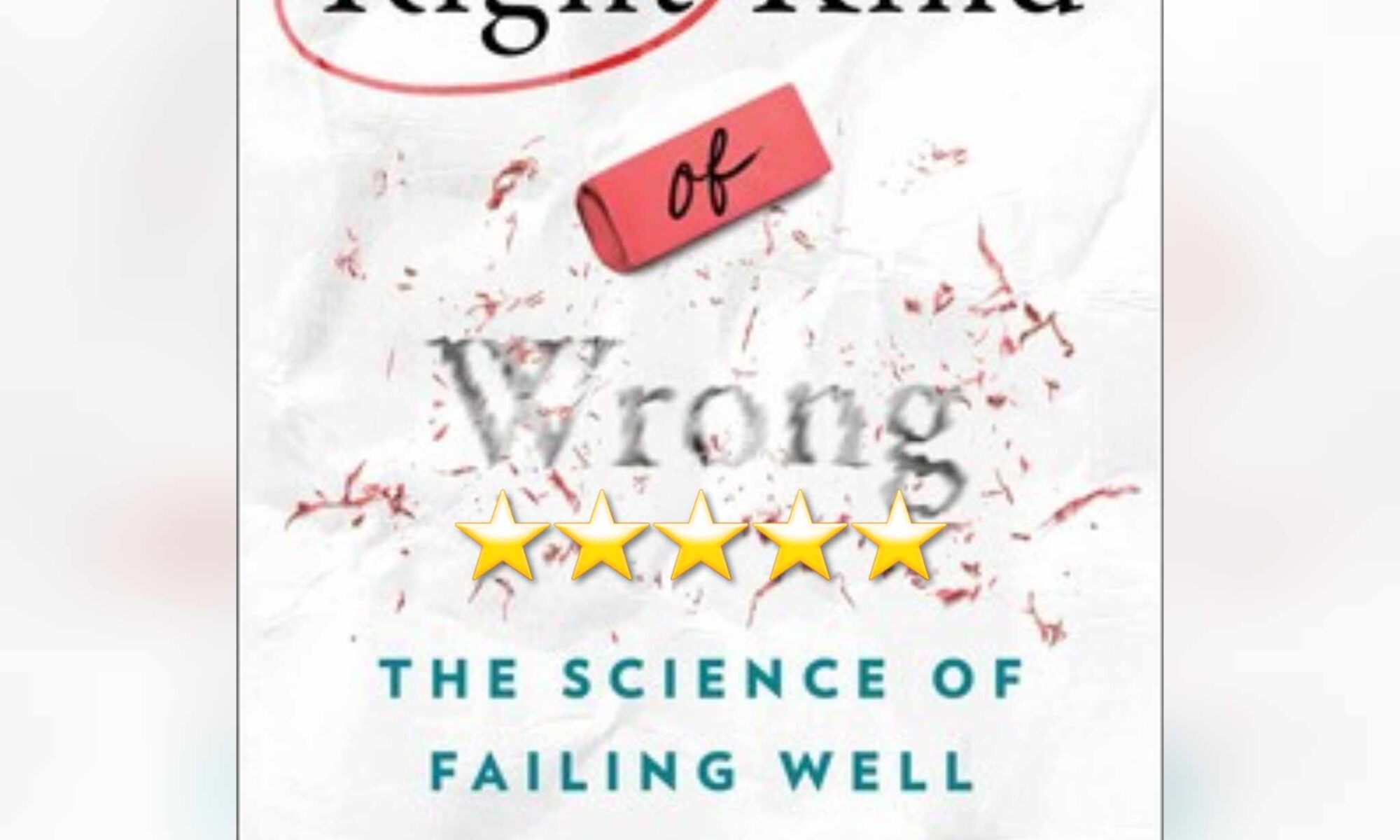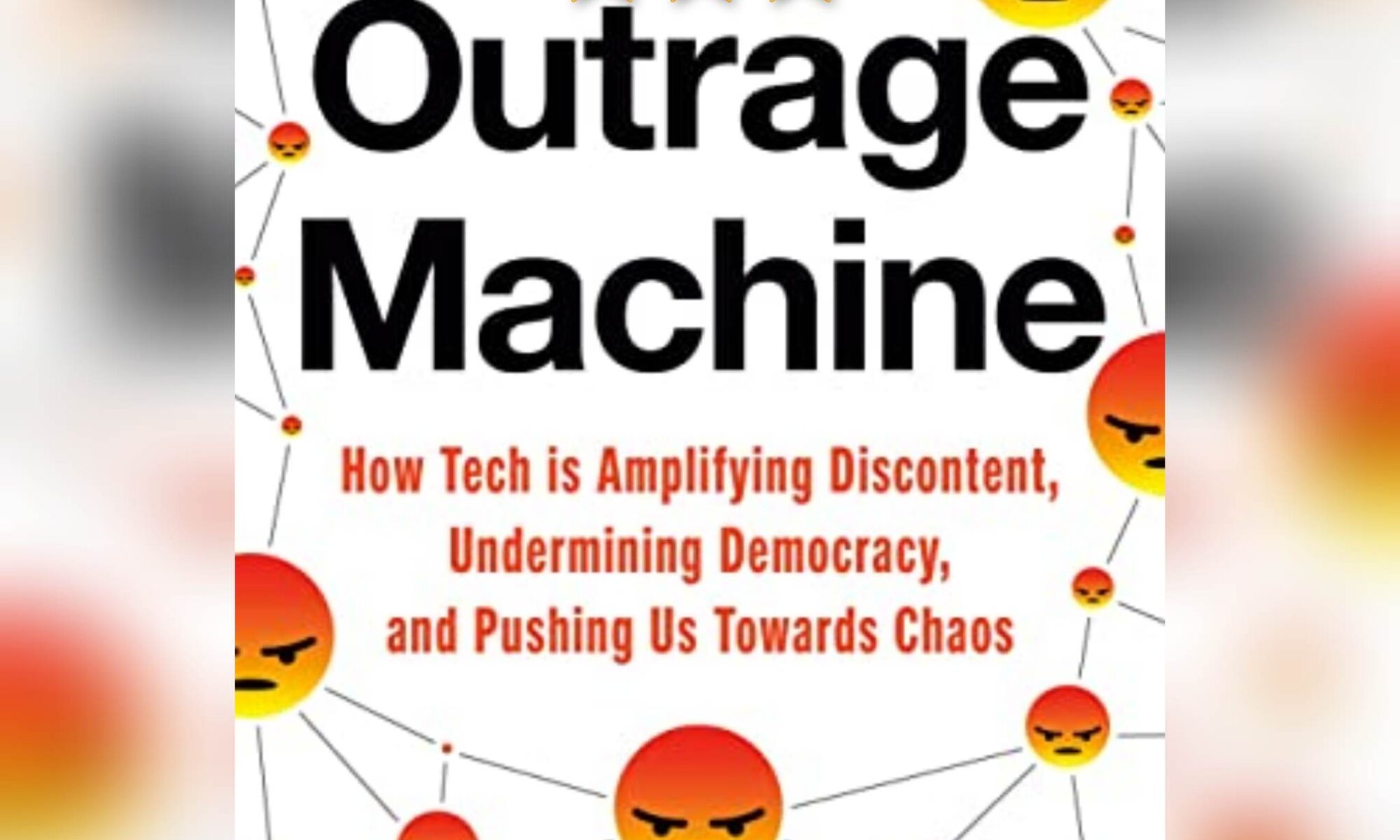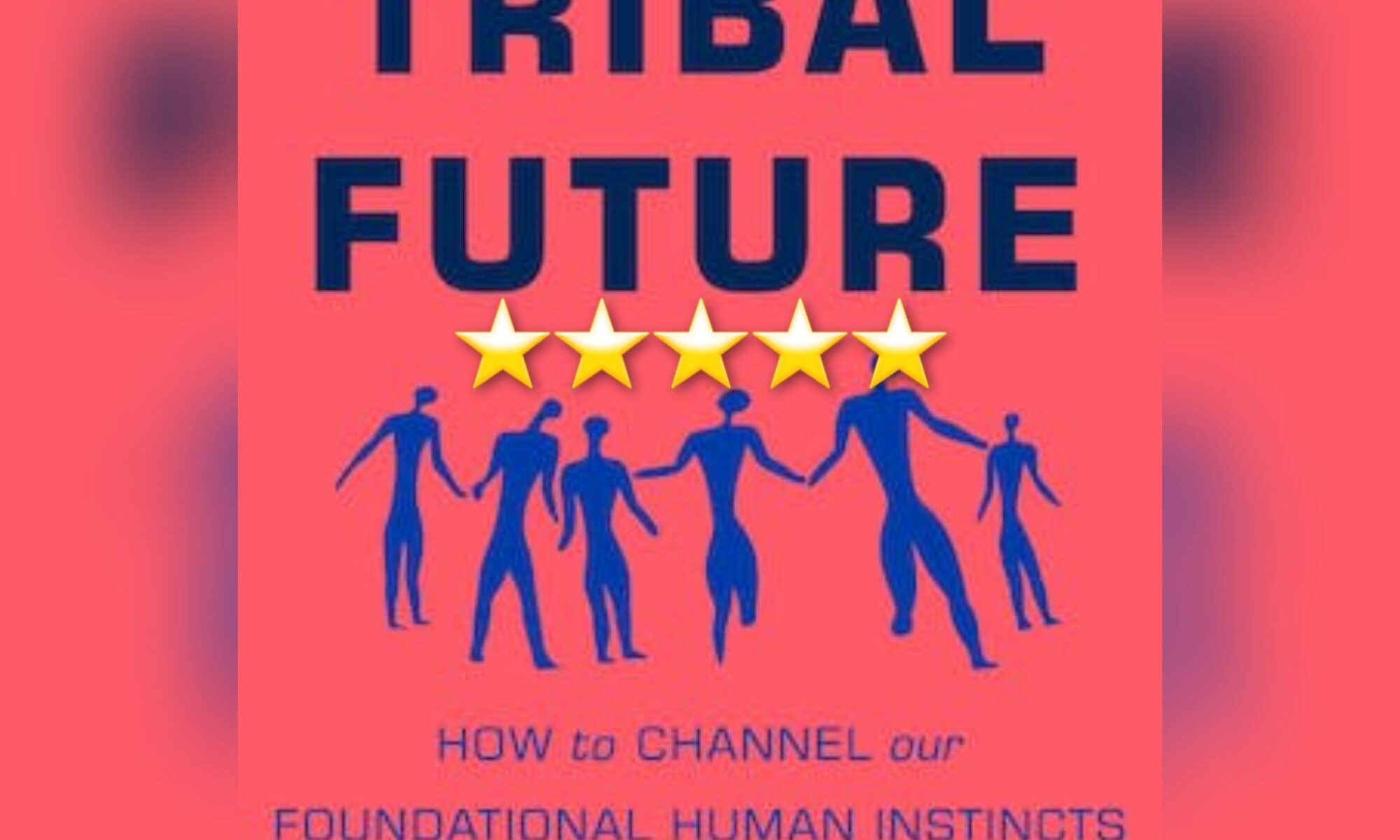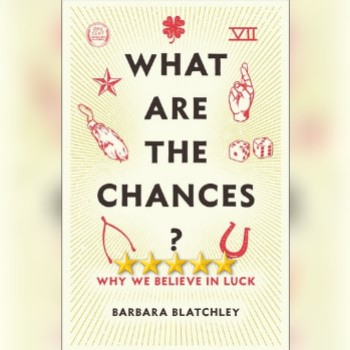Well Documented Examination Of How To Make Failure Work *For* You. This is one of those organizational psychology/ self-help pop psychology books that is fortunately about as light on the psychobabble bullshit as such as a book can be, and instead focuses on the science of how to fail intelligently and how to mitigate, minimize, and learn from other failures as well – yes, even some of the most catastrophic failures of the past 50 years or so (where most of Edmondson’s examples come from) can be at minimum learned from, and this is one of the large points of the text here. At roughly 30% documentation, it is on the higher end of average in my own experience, which is a great thing given all of the claims here. Organized into just a couple of handfuls of chapters, each built around explaining one of Edmondson’s core principles, this is a book that will work well in any learning environment, from college level business education classes to corporate book clubs/ leadership retreats to personal self development. And it is in fact quite practical, with quite a few lessons that can be easily (or at least readily) applied in almost any situation that seems to be becoming SNAFU or even FUBAR. Very much recommended.
This review of Right Kind Of Wrong by Amy C. Edmondson was originally written on September 3, 2023.







